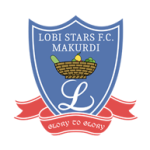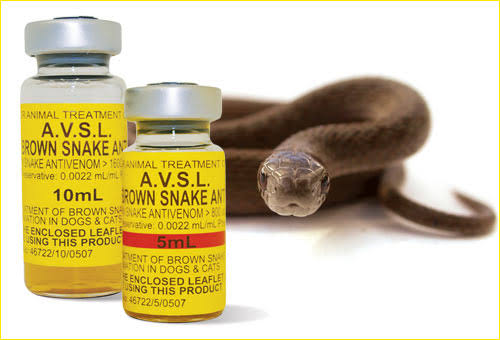The Rotary Club of Kaltungo, in collaboration with Rotary International, has donated anti-snake venom worth N13.6 million to the Snakebite Treatment and Research Centre in Kaltungo, Gombe State.
The News Agency of Nigeria (NAN), reports that the donation was to address the severe shortage of anti-snake venom in the hospital.
The immediate past President of the Rotary Club of Kaltungo, Mr. Samaila Mohammed, told NAN that the gesture was prompted by a visit of the Rotary District Governor. “During his visit to the hospital, the District Governor donated some items and was told about the hospital’s struggles due to the acute shortage of anti-snake venom.
“The Rotary Club quickly reached out to Rotary International which made this donation possible,” he explained. According to Mr Mohammed Ndus, former Assistant Governor of Rotary International District 9127, the donation followed a thorough needs assessment.
“The hospital has been grappling with a nationwide shortage of antisnake venom exacerbated by its high price that has hit N200,000 per vial. “When sourced from unofficial channels, a vial is N200,000. At the proper channel, a vial is about N170,000,” he explained. He expressed confidence that the donation of the 80 vials will help meet immediate needs of the hospital.
Kaltungo Local Government Chairman, Iliya Suleiman, in a remark, encouraged other organisations to emulate Rotary’s example. “Aside from anti-snake venom, the hospital faces other critical challenges such as inadequate power supply.
“I have discussed this issue with the Commissioner of Local Government; we’re looking at a comprehensive approach to improving the hospital’s infrastructure,” he said.
Chief Medical Officer of the hospital, Dr Nicholas Hamman, expressed gratitude for the donation. “This is a ‘lifeline’ for many rural patients who are predominantly peasant farmers that often encounter snakes in the fields,” he said.
He emphasised the urgent need for additional support from the Federal Government, especially given that the Kaltungo Hospital is the largest snakebite treatment centre in sub-Saharan Africa with an annual average of 2,600 cases.
He added that the hospital is committed to ensuring accountability and urged Rotary Club representatives to regularly monitor the distribution and use of the anti-snake venom to prevent misappropriation. Hamman also advocated for investment in local anti-snake venom production which could make the life-saving treatment more accessible and affordable across Nigeria.
(NAN)








